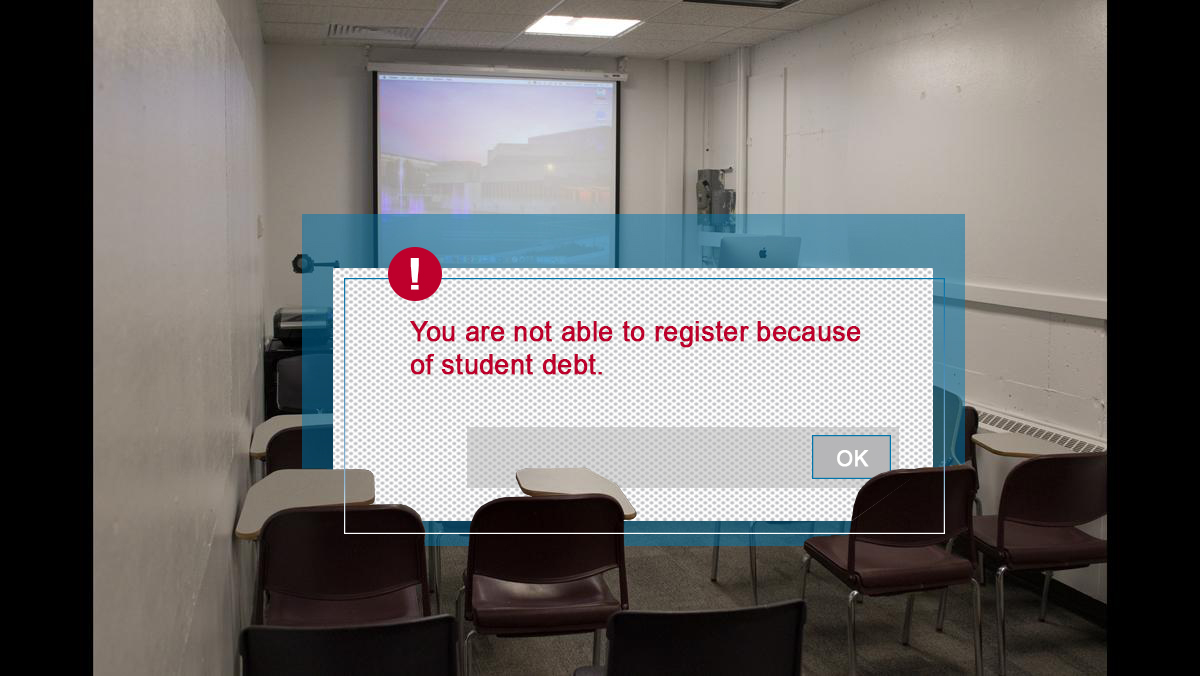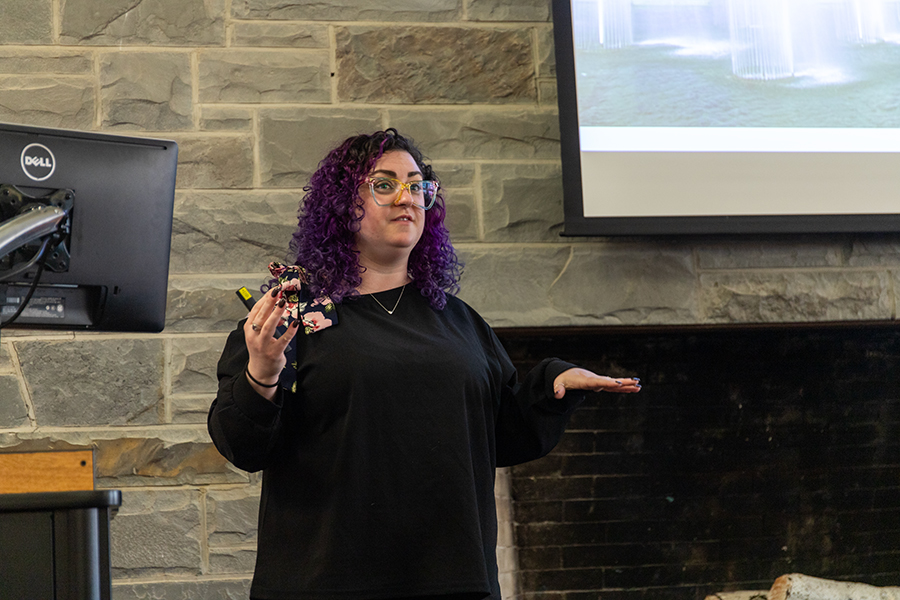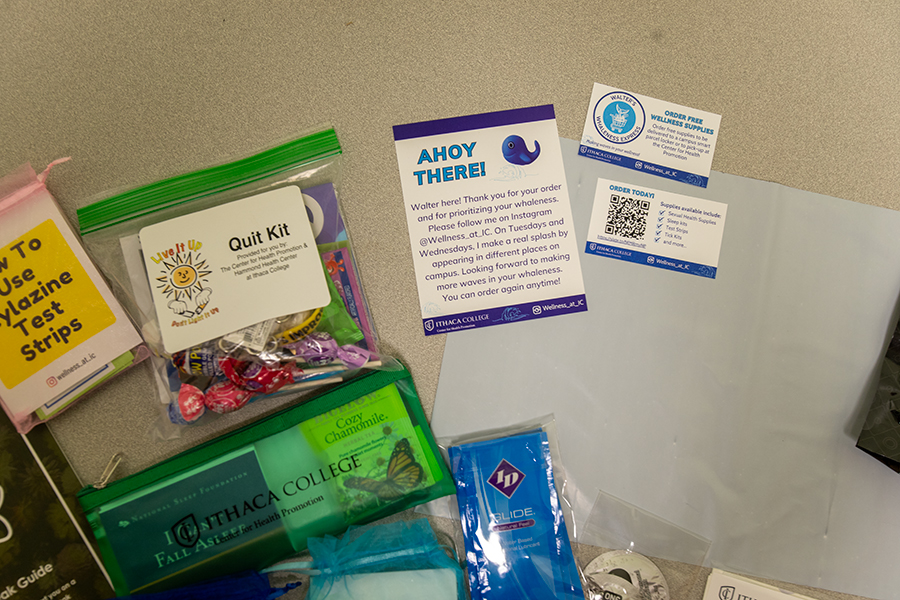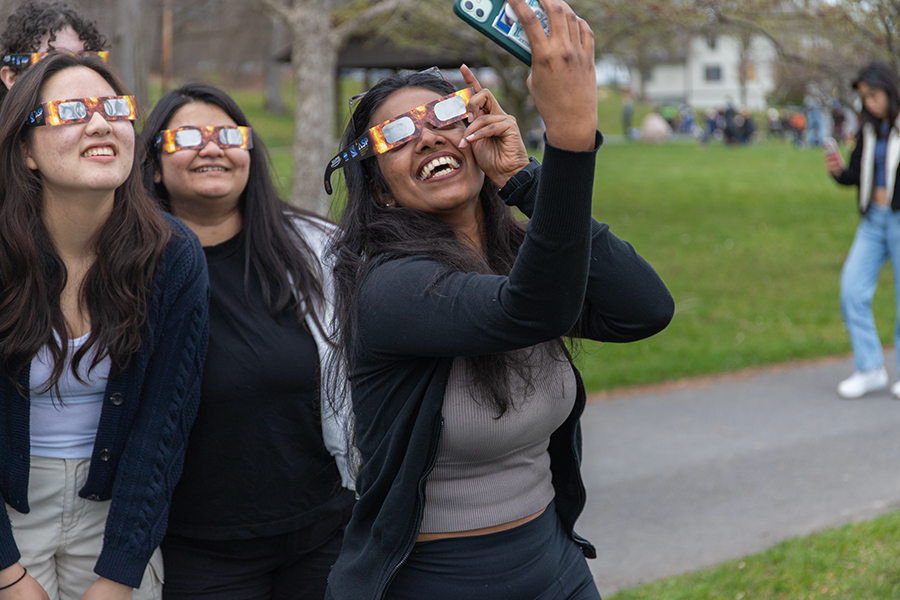When Margherita Fabrizio pulled up onto a street that led to her house Aug. 28, she noticed an unidentifiable person take off on a bike from a hedge on her property.
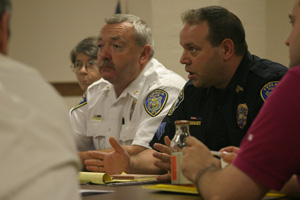
Fabrizio entered the house to find it had been burglarized. She contacted the Ithaca Police Department (IPD) and was told two other burglaries had taken place in her Fall Creek neighborhood earlier in the summer.
The rise in crime has Fabrizio and other members of the community concerned.
Last Saturday, a woman said she was pulled into bushes at West Clinton Street and forcibly touched by an unidentified man, according to The Ithaca Journal. In the same weekend, the Office of Public Safety at Ithaca College released a safety alert when a student reported a purse was stolen from her room while she was present.
In August, The Journal reported three robberies and a second-degree assault in Ithaca between June and August. Two people were robbed on East State Street in broad daylight.
At a meeting held Sept. 17 for the Fall Creek Neighborhood Association, a neighborhood watch group, the IPD presented a report of burglaries in Ithaca for York St., Meadow St., Buffalo St. and Linn St. for the past two years.
Crime records for South Hill’s neighborhoods were unavailable at press time.
Edward Vallely, acting police chief for the IPD, said there were 26 reported burglaries. In 17 of those cases, people entered through unlocked doors and windows.
Fabrizio, an Ithaca resident for 26 years, said the community needs to be re-educated about the reality of crime in Ithaca. Fabrizio said she was concerned that the IPD does not take the initiative to alert the public when criminal activities are reported.
“This could have been going on a lot longer than you think,” she said.
Marjorie Olds, a co-founder of the South Hill Civic Association (SHCA) and a retired criminal court judge, said her group began a listserve to improve communications. The South Hill neighborhood surrounds Ithaca College and is home to many students, she said.
“…The larger issue here is the citizen’s right to know,” she said. “Every community member deserves to know where there were burglaries so they can take precaution if there is another security problem.”
Bill Ferguson, associate director for the Office of Public Safety, said last year there were 11 burglaries, three aggravated assaults and four forced sex offenses on campus.
Ferguson said by comparison, the college campus is safer than the city of Ithaca because the Office of Public Safety only has jurisdiction on the campus, while the IPD is responsible for the city of Ithaca, which includes the many college students who live off campus.
Senior Aaron Bloom, president of the Student Government Association, said it is disturbing to hear of on-campus break-ins.
“For a lot of us, [the college] is a kind of magical sleep-away camp where we tend to lose grip on reality,” he said. “However, Ithaca is a living, breathing city much like the ones we’re used to at home, and crime inevitably happens.”
Investigator Tom Dunn said the college’s recent decision to lock residence halls will increase campus safety.
“You can’t just walk in and pull open the door [of a residential hall],” he said.
Dunn said at the event of a crime on campus, Public Safety “will alert the public.”
Vallely said the IPD’s computer software makes it difficult to retrieve information regarding crime, which leaves officers the time-consuming task of processing the data by hand.
“We have people in the records division, we have six data entry clerks,” Vallely said. “The entire system is computerized but that does not make it easy to retrieve that information.”
The IPD is working toward improving its notification process, Vallely said.
“We are going to be providing [The Ithaca Journal] with more information about criminal instances [for them to publish],” he said.
Fabrizio said students living off campus are members of the Ithaca community and should talk to each other to ensure safety of their houses.
“I think that students need to be aware of what’s happening in a seemingly small, sleepy town in upstate New York,” she said.
She also said college parties divert the attention of the police from other issues. Between Aug. 18 and Sept. 8, the IPD made 480 arrests in the South Hill and East Hill area for quality of noise, underage consumption and open containers.
Vallely said the IPD puts officers in areas where there are student parties because that is where they receive the most citizen complaints.
“If we had a larger force, then we would be able to put more people on the street,” he said. “To think we do the job we do with the number of people we have speaks very well of us.”
Carolyn Peterson, the mayor of Ithaca, said her office is working on updating its Web site so the public can sign up for information regarding crime reports, which will then be e-mailed directly to them.
“Any crime is something that is of concern to the city,” she said.
Vallely said the department is willing to send officers to neighborhood association meetings if the members ask them to attend. Olds said the SHCA benefits greatly from working closely with the IPD.
“With much support from the IPD, we are able to problem-solve the issues that arise when students and longtime residents live and work together,” she said.
Peterson said students and community members need to take responsibility for their own safety.
“Awareness of your surroundings is really the most basic thing that you can do,” she said.


